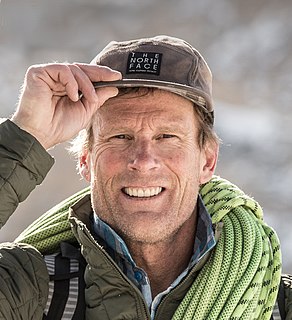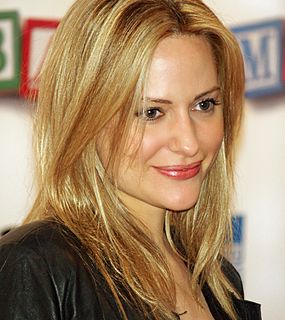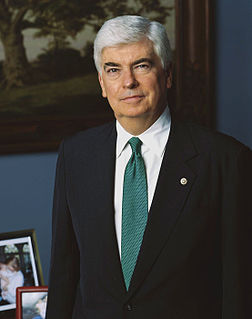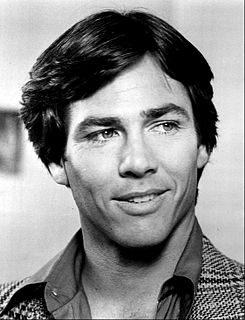A Quote by Conrad Anker
The first ascent of Everest came at a time when humanity needed relief from two world wars. It was a unifying and inspiring event, signifying the drive to reach our greatest potential.
Related Quotes
Everest has a special place in all of our imaginations. For centuries, Everest was a little bit like the moon. It was the place where everyone wanted to go. Empires wanted to be able to say that they were the first to put a climber on top of Everest. So when a tragedy happens up on that mountain, I think it has a global resonance. Everybody's heard of Everest. Everybody knows what Everest is and what it means, and the significance.
First, climate change is the greatest long-term threat faced by humanity. It could cause more human and financial suffering than the two world wars and the great depression put together. All countries will be affected, but the poorest countries will be hit hardest. Secondly, the costs of inaction far outweigh the costs of action.
Humanity has passed through a long history of one-sidedness and of a social condition that has always contained the potential of destruction, despite its creative achievements in technology. The great project of our time must be to open the other eye: to see all-sidedly and wholly, to heal and transcend the cleavage between humanity and nature that came with early wisdom.
Ultimately, strong branding is not just a promise to our customers,to our partners, to our shareholders and to our communities;it is also a promise to ourselves... in that sense, it is about using a brand as a beacon, as a compass, for determining the right actions, for staying the course, for evolving a culture, for inspiring a company to reach its full potential.
Our nation was created in ways that allow human potential to prosper, and it created the greatest nation for people in the history of humanity. Now Obama is dismantling it, because he has no appreciation for our greatness. In fact, he resents it. He blames this country for whatever evils he sees around the world.
What is different in capitalist civilization has been two things. First, the process of meritocracy has been proclaimed as an official virtue instead of being merely a de facto reality. The culture has been different. And secondly, the percentage of the world's population for whom such ascent was possible has gone up. But even though it has grown up, meritocratic ascent remains very much the attribute of a minority.
But who prays for Satan? Who in eighteen centuries, has had the common humanity to pray for the one sinner that needed it most, our one fellow and brother who most needed a friend yet had not a single one, the one sinner among us all who had the highest and clearest right to every Christian's daily and nightly prayers, for the plain and unassailable reason that his was the first and greatest need, he being among sinners the supremest?





































